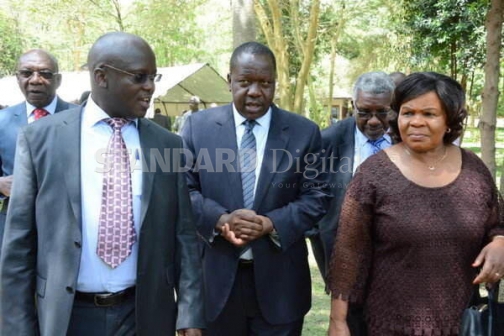
As a graduate student, the mention of ‘university senate’ elicited impressions of sagacious academic leadership. It evoked images of spirited deliberations, democratic ideals and a collegiate approach to university governance. Once, when one of my university teachers became a ‘senator’, I discerned that senators, or those members of academic staff who attended senate, occupied a privileged status in the university. Attending senate had its symbolic power, never mind if one merely showed up to munch the samosas or the lunch or just to guzzle the occasional wine. I recall how senators regaled non-senators and hapless students with intrigues of senate deliberations. The senate building is often the most dignified edifice in any university. To access its chambers is considered an important milestone. In form and content, it is the ideal equivalent to our National Assembly.
Later, I understood the philosophy informing the university senate when I read the writings of Jürgen Habermas, the German scholar whose work formed the basis for the study of democracy. According to him, democracy involves the cultivation of what he called a public sphere, which was a deliberative space where individuals and groups assembled to discuss matters of mutual interest and, where possible, reach consensus. Among its principles is the idea of equivalence, where perceived social status is collapsed to allow honest debate where everyone’s opinion counts. Among other things, the university senate borrowed from Habermas the principles of deliberation, inclusivity and consensus. Thus, in the university senate, decisions should ideally be made through discussion, compromise, policy and when necessary, a vote.